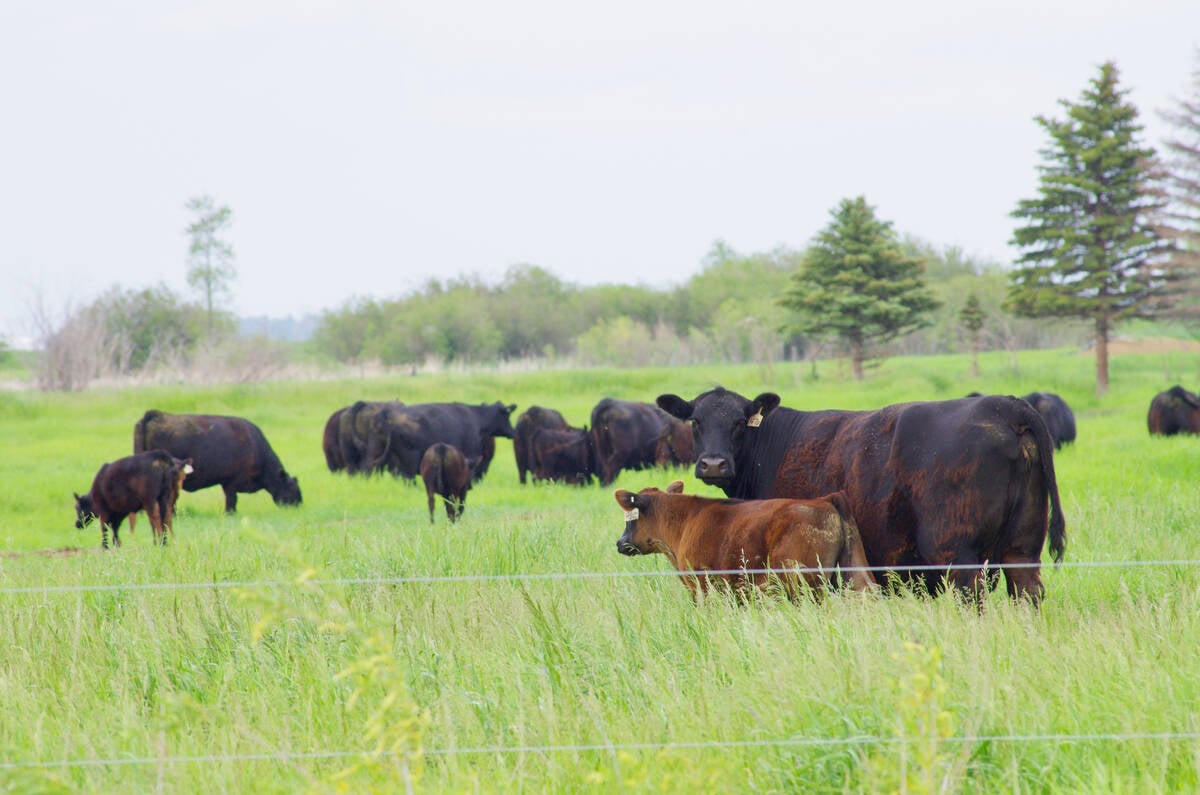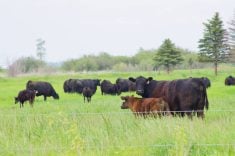The Alberta government is taking over the regulation and approval of new and expanding intensive livestock farms as of Jan. 1, 2002.
Agriculture minister Shirley McClellan has announced that the province’s Natural Resources Conservation Board will review development applications, issue approvals, enforce provincial standards and handle appeals.
“It makes sense that this would all be in one place,” she said at a July 4 news conference.
The decision came from recommendations compiled by an intensive livestock committee headed by MLA Albert Klapstein. Based on public hearings last winter, the committee concluded people want provincial regulations, as well as ongoing monitoring of farms and their environmental impact.
Read Also

Tick research from the University of Manitoba focuses on insects and testing
Manitoba researchers are looking into the effects of tick and fly disease in cattle.
McClellan said the government hopes to end some local conflicts that stem from intensive livestock proposals. It is hoped the conservation board can regulate the industry similar to how the oil and gas industry is managed.
The province established the board to review projects that may affect natural resources and the environment.
McClellan’s announcement comes after three years of consultation and controversy. Each municipality has the authority to review and approve agricultural developments, which resulted in a patchwork of standards across the province.
“Producers invest millions in these operations and they want to know the rules are clear and they want to know what they are going to have to live with,” McClellan said.
The new legislation will set down scientifically based technical standards and procedures, and a framework for provincial approval, audit and enforcement. Peer review committees will deal with complaints of nuisance from agricultural practices.
The board will be expanded to include administration of the agricultural practices act.
The decision removes considerable authority from rural municipalities. They will have to submit their land- use bylaws to the province, signifying which areas are acceptable for concentrated livestock and which are not. They must also provide reasons for rejecting development proposals.
“If the reason is simply ‘we don’t want them,’ then no, that’s not the way we do business in this province,” McClellan said.

















